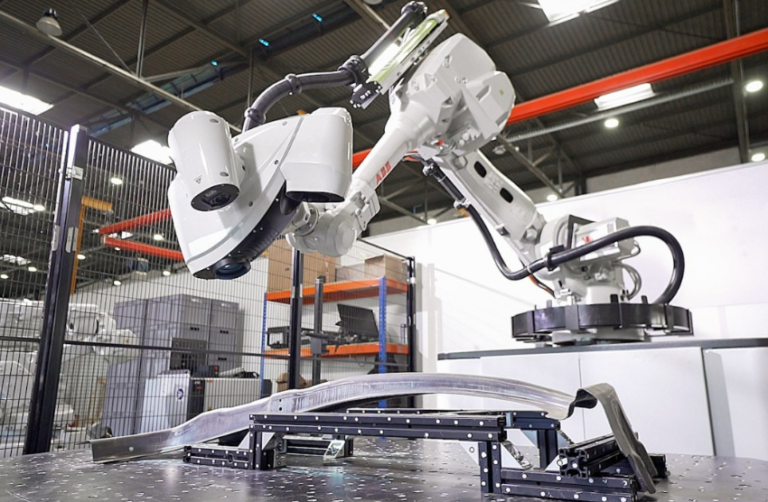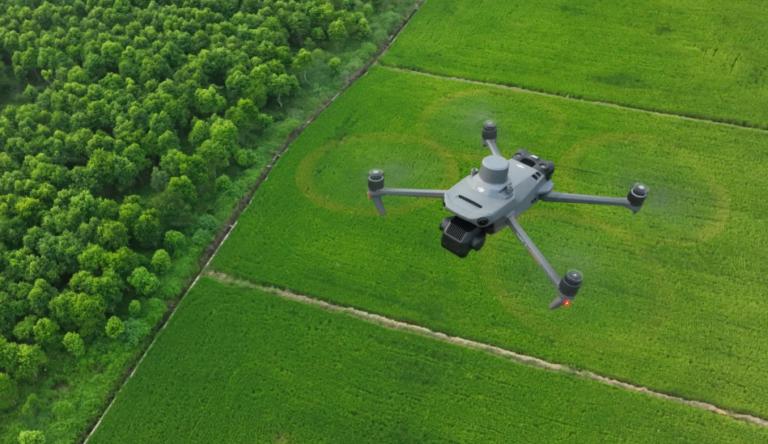The Evolution of Wearable Technology and Its Impact on Health

The evolution of wearable technology has reshaped personal health management significantly. Initially, basic fitness trackers provided limited functionality. Today, advanced devices offer comprehensive health monitoring through biometric sensors. This transformation allows individuals to gain insights into their health metrics, which can influence lifestyle choices. However, the surge in data collection raises pressing concerns about privacy and security. As technology continues to advance, the implications for personal health and data protection become increasingly complex.
The Early Days: From Basic Trackers to Advanced Wearables
As wearable technology began to emerge in the early 2000s, it transformed from basic fitness trackers that merely counted steps to sophisticated devices capable of monitoring a range of health metrics.
The evolution included enhanced fitness monitoring and activity tracking capabilities, empowering users to take control of their health.
This shift not only promoted individual well-being but also sparked a broader interest in personal health management.
See also: Tech Trends to Watch: What’s Next in the World of Innovation?
Key Innovations in Wearable Technology
Key innovations in wearable technology have significantly advanced the capabilities of these devices, transforming them into essential tools for health monitoring and management.
The integration of smart fabrics enables garments to adapt to users’ needs, while biometric sensors provide real-time data on vital signs.
These innovations empower individuals to take charge of their health, fostering a sense of freedom and awareness in personal health management.
Wearables and Personal Health Monitoring
Wearable devices have revolutionized personal health monitoring by providing continuous access to critical health data. Users can track health metrics like heart rate and sleep patterns, promoting informed lifestyle choices.
However, the integration of such technology raises concerns regarding data privacy, as sensitive information may be vulnerable to breaches. Balancing the benefits of health insights with the need for personal security remains essential.
The Future of Wearable Technology in Healthcare
Although the landscape of healthcare technology is constantly evolving, wearable devices are poised to play an increasingly pivotal role in the future of patient care.
These innovations will enhance remote patient monitoring capabilities and leverage predictive health analytics to anticipate medical conditions.
As a result, individuals can enjoy a more autonomous healthcare experience, empowering them to make informed decisions about their health and wellbeing.
Conclusion
In conclusion, the evolution of wearable technology serves as a lighthouse, guiding individuals through the turbulent waters of personal health management. As these devices become increasingly sophisticated, they offer invaluable insights while also raising important questions about data privacy. Striking a balance between harnessing the benefits of health monitoring and safeguarding sensitive information is crucial. Looking ahead, the future of wearables promises to illuminate even deeper connections between technology and well-being, reshaping healthcare as we know it.





